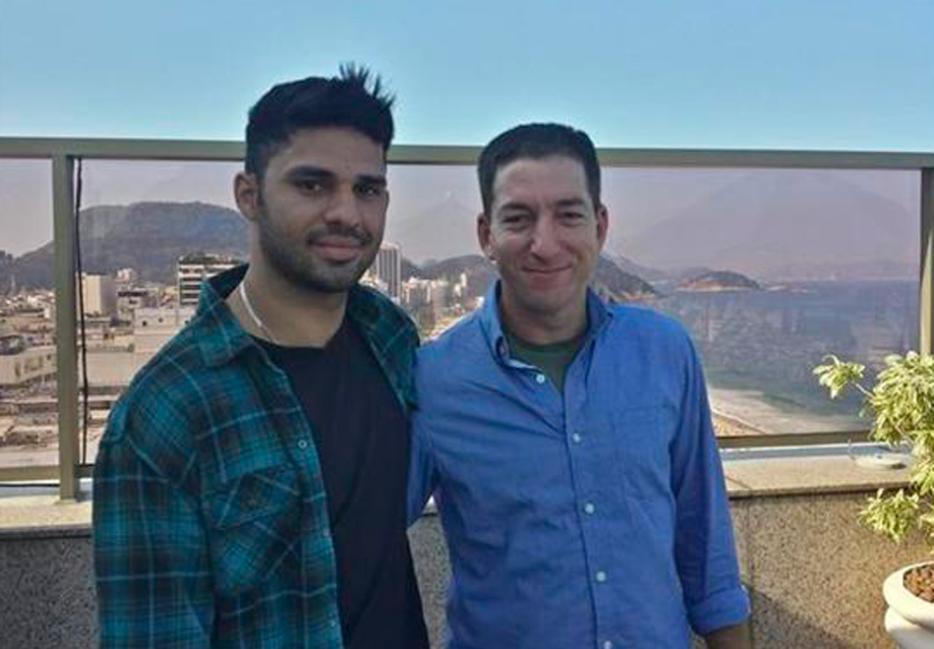In the annals of ham-fisted, stupid, lazy authoritarianism, the detention for nine hours of David Miranda is going to hold a place of honour for at least the next little while. Miranda is Glenn Greenwald’s long-time partner, and Greenwald is the Guardian reporter who published the material leaked by Edward Snowden. We can be pretty confident this won’t soon blow over, because nobody has the means to scream about their offended privileges like reporters.
And yes, the idea that the security state should leave reporters or their spouses alone is an assertion of privilege, unless, like Greenwald has with his explicit criticism, you’re also asserting that the security state should leave everyone alone.
Greenwald calls it an attempt at “intimidation,” and it may well have been (the nine-hour holding is a tell here), but let’s not discount the possibility that it was simpler than that. The authorities obviously know who Miranda is, know who Greenwald is, and they saw a chance to grab his electronics under the United Kingdom’s Terrorism Act of 2000. That is, it may simply have been a legal mugging of someone the authorities believed had information they wanted. That doesn’t make it any less galling.
The fact that the Terrorism Act allows them to similarly mug anyone who flies through Heathrow or any other UK airport might give us all some pause when booking our next flights across the Atlantic. But hey, it was probably worth it to show those hippies at the Guardian what for, right?
In the meantime, it’s worth noting a few things for posterity: The Terrorism Act cannot be properly called an example of post-9/11 security overreach. As the perceptive will note, it was passed in 2000, before the attacks of September 11, 2001. It was criticized at the time for being overly broad, but the then-Labour government of Tony Blair assured all and sundry the law wouldn’t be misused.
Even now, Labour MP Tom Watson tells the Guardian “this act is not meant to be used as a catch-all that can be used in this way.” To which the only appropriate response is uproarious laughter: Why would you write into law a nine-hour detention in which someone has no right to a lawyer and their property can be seized if it wasn’t, at least a little, to be used exactly like this? You don’t have to believe in conspiracies, you just need to believe that the government of the United Kingdom has good lawyers who know how to draft exactly the law their political masters demand.
Similarly, we don’t need to assume that this kind of thuggery was approved by David Cameron or Barack Obama personally—indeed, it would be even more shocking if it was. Rather, Cameron, Obama, and their predecessors going back at least to the 1980s have incrementally built a security apparatus that isn’t obviously under anyone’s control.
As much as we need to end the mindset of the war on terror, it would be a mistake to stop there. Between successive wars on terror and the war on drugs, we’ve spent decades ratcheting up surveillance and ratcheting down rights. If the latest example of bullying gets more people thinking about that, it may be worth it.






